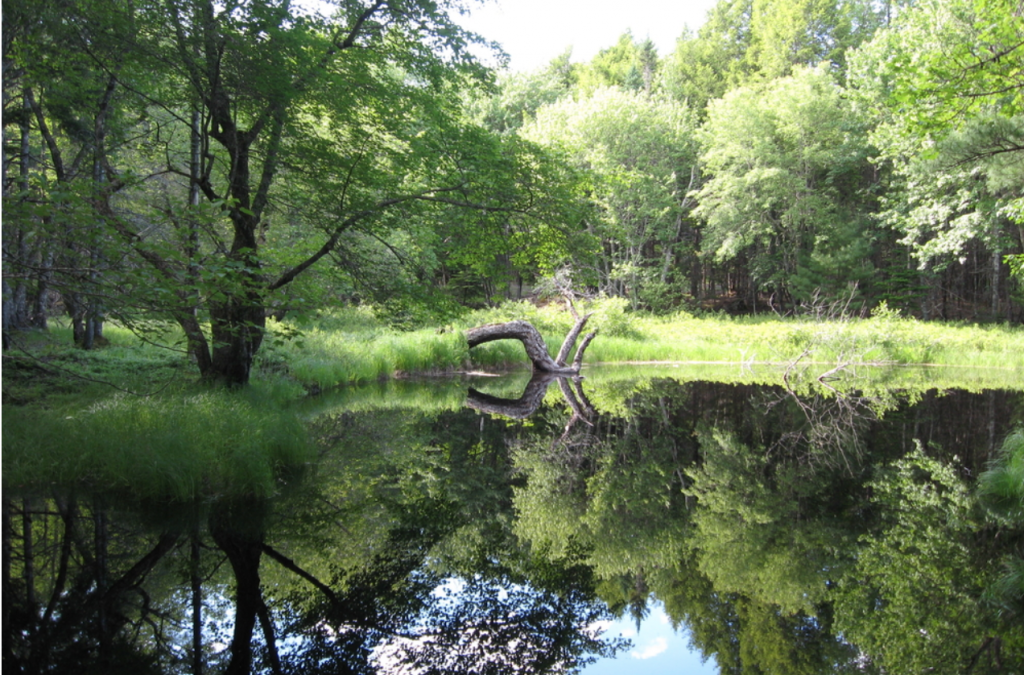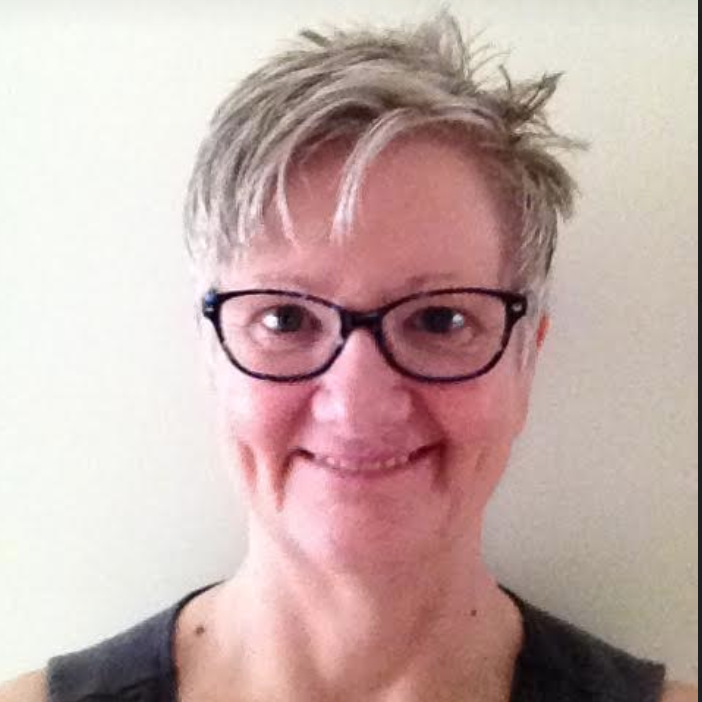
Once again the power of Twitter has expanded my circle of wonderful humans working across sectors to counter-balance the negativity in our world. Elizabeth Perry is a member of the #TwitterFamily that grows each day. Elizabeth lives in Halifax, Nova Scotia and brings an international flavor to the discussion of ACEs. She is also a fierce advocate that the trauma-informed movement must include the voice of trauma survivors. As our mutual friend Cissy White often says, "It is not trauma-informed unless it is informed by trauma survivors."
In this week's guest blog post, Elizabeth shares her childhood memories of being in school. We learn from hearing each other's stories. I want to thank Elizabeth for speaking her truth and creating space to hold courageous conversations about important topics like childhood adversity and trauma. The perspective of a trauma survivor giving voice to their lived expertise allows each of us to reflect on our own experiences, and recognize commonalities that unite us rather than divide us.
 Elizabeth Perry
Elizabeth Perry
My focus is on helping the children who have already grown up to recognize their gaps as adults and to work to transform those effects so we can create a healthy society for our children and each other.
Understanding Adverse Childhood Experiences (ACEs) research can aid us in facilitating social transformation. It changed how I see myself, others and nature. I am convinced it can help each of us. - Elizabeth Perry
For a lot of people growing up with Adverse Childhood Experiences, school is a refuge. That wasn’t unfortunately, entirely the case for me. Until grade 6, I only have snippets of memories of my childhood and my school experience.
Sitting at my grade one desk with my arm in the cast from falling off my bike on the first day of school, hyper-alert for Mrs. Shannon’s strap or ruler that I had heard could land at any moment.
Riding on the bus to an alternate building for grades 2 and 3 because the historical school building in my village was too crowded and the new school was under construction. Hanging out in the back with my new friend – a little native boy who had recently come to be fostered in our community. I took him under my wing. I didn’t understand the politics involved at the time, but I understood how scary it was to be alone. I wish I remembered his name. I do remember I kissed his picture so much it disintegrated. I don’t remember how long he was with us, not long though. But I’ve never forgotten him, and realize how important our relationship was at that time for a couple of little kids who couldn’t rely on the adults in their lives to take care of them. When I remember him I can now recognize his shut down state and my nurturing desire to make it all better for him and me.
I was the youngest of 5 kids in my family, the last of the Perry children, all of whom attended that small village school where our mother was the principal. The same teachers had worked there for years so they had seen it all, and they’d seen us all, so there was nothing new expected or envisioned for any of the younger siblings coming along. And especially the boss’s kids. Who would suspect they were neglected? When we have our own ideas of how things are, we can overlook how things actually are.
We can miss the fact that a child only has a few clothes and that you’ve seen these clothes before on an older sibling. That although everyday her hair has been newly braided, her scalp still smarts from the pulling and tugging to get it that way. That she’s skinny from restricted nourishment, not high metabolism. That reading causes her stress because reading is a competitive sport in her family and as the youngest she’s never going to be able to compete. That she spends her time looking after everyone else instead of focusing on herself. That she’s watchful and quick to startle. That she never speaks up in class or shares her opinion. That she’s overly compliant, unnaturally quiet, and perpetually dissociated because she’s so disconnected from her own values and passions.
Grade 6 was the best though. Mom had moved away from the family the previous year. Dad was in charge of the kids throughout the week and he let us do what we wanted. Miss Pritchard was also great. She thought I was smart. I was one of the top 3 achievers in her class. I even won the spelling bee. I also had a boyfriend. I was the star of the school play and Dad let me wear my hair down for the role of Juliet. I volunteered with the kindergarten class. I was on the track team and was a star hurdler and long jumper.
Without the constant stress of living with my controlling, judgemental, harsh, cold mother, while being seen by my teacher, I blossomed, at least for 1 year.
It’s important for the adults in the school to see each child individually and to be on the lookout for trauma responses. And not to assume that kids with apparent privilege or disadvantage are actually experiencing those conditions in their internal lives. Understanding child development is key to having reasonable expectations of behaviour and outcomes. But also understanding Adverse Childhood Experiences research and the potential impacts of overwhelming childhood toxic stress are essential.
As we increasingly develop our understanding of the pervasiveness of relational trauma in our society and work to transform how we relate to each other as human beings, I believe we will create better conditions for the little ones in our lives, so they have a much better opportunity to grow and develop to achieve their full potential.
It does take a village to raise a child. And that village needs all adults on board to give our kids the best chance at life fulfillment.
Elizabeth Perry @eperryinsights @ACEsCanada2020
Bio: Elizabeth Perry, M Ed, RPC-C is an educator with a diverse background in ECE, business, linguistics, and counseling.
She is a relentless advocate for universal awareness of ACEs for prevention and recovery. She uses her first voice experience to provide context for her ACEs training and consulting. She lives in Halifax, Nova Scotia.
You can follow her on Twitter and Facebook @ACEsCanada2020
Please stop by my website: https://relentlessschoolnurse.com/

Comments (0)